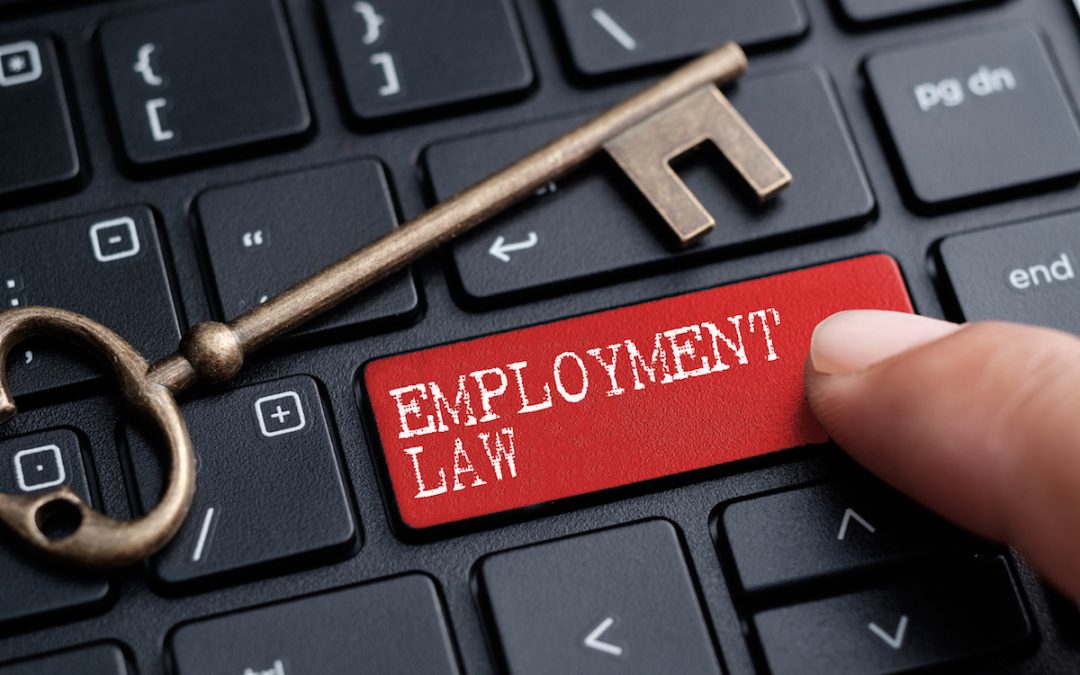In UK employment law, individuals fall into one of three categories: employee, worker, or self-employed. Workers have certain rights, such as holiday pay, but are not as protected as employees. Determining employment status often involves assessing whether someone is in business on their own account or working under a contract for another party.
The ‘gig economy’, characterised by app-based, flexible work arrangements, has seen extensive litigation over employment status. In Uber v Aslam, the Supreme Court determined that Uber drivers were workers rather than self-employed, granting them additional rights. However, a recent case, Johnson v GT Gettaxi, illustrates that not all app-based drivers qualify as workers.
The Respondent operated an app connecting passengers with black cab drivers. The Claimant, a licensed black cab driver, used the app from 2015 to 2017 and claimed worker status after his 2020 application to rejoin was refused. Both the employment tribunal and Employment Appeal Tribunal (EAT) found he was not a worker but self-employed.
Key factors in this decision included:
- The Respondent did not penalise drivers for rejecting rides.
- Drivers could choose routes freely, unlike in Uber, where specific routes were required.
- Drivers could make independent arrangements with passengers and use other apps or traditional black cab methods to generate income.

Contact Jon Dunkley today for an informal chat, without obligation.
Contact Jon Dunkley
- [email protected]
- 01271 342268



